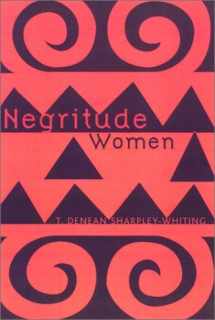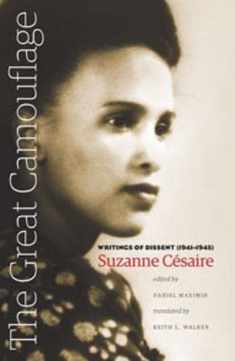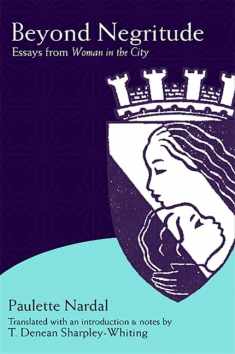
Negritude Women
Book details
Summary
Description
The Negritude movement, which signaled the awakening of a pan-African consciousness among black French intellectuals, has been understood almost exclusively in terms of the contributions of its male founders: Aime Cesaire, Leopold Sedar Senghor, and Leon G. Damas. This masculine genealogy has completely overshadowed the central role played by French-speaking black women in its creation and evolution. In Negritude Women, T. Denean Sharpley-Whiting offers a long-overdue corrective, revealing the contributions made by four women -- Suzanne Lacascade, Jane and Paulette Nardal, and Suzanne Roussy-Cesaire -- who were not merely integral to the success of the movement, but often in its vanguard.
Through such disparate tactics as Lacascade's use of Creole expressions in her French prose writings, the literary salon and journal founded by the Martinique-born Nardal sisters, and Roussy-Cesaire's revolutionary blend of surrealism and Negritude in the pages of Tropiques, the journal she founded with her husband, these four remarkable women made vital contributions. In exploring their influence on the development of themes central to Negritude -- black humanism, the affirmation of black peoples and their cultures, and the rehabilitation of Africa -- Sharpley-Whiting provides the movement's first genuinely inclusive history.


We would LOVE it if you could help us and other readers by reviewing the book
Book review





